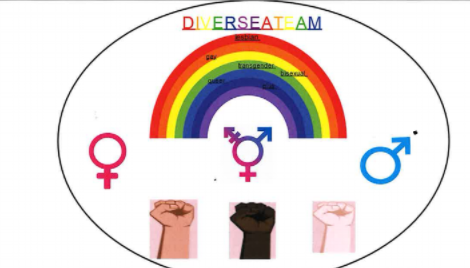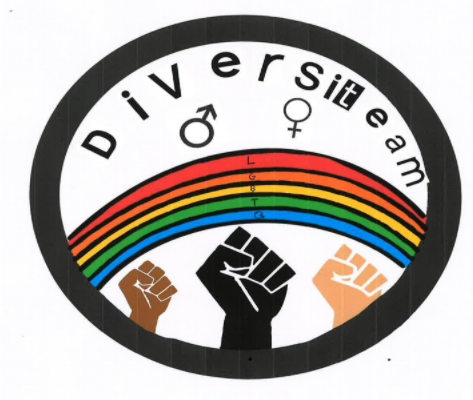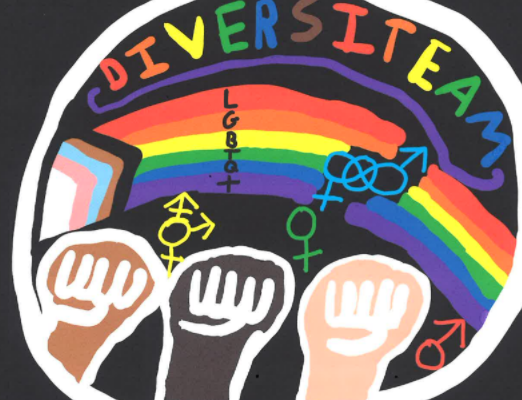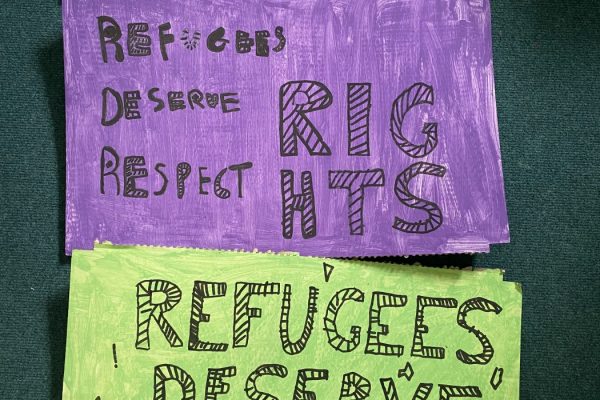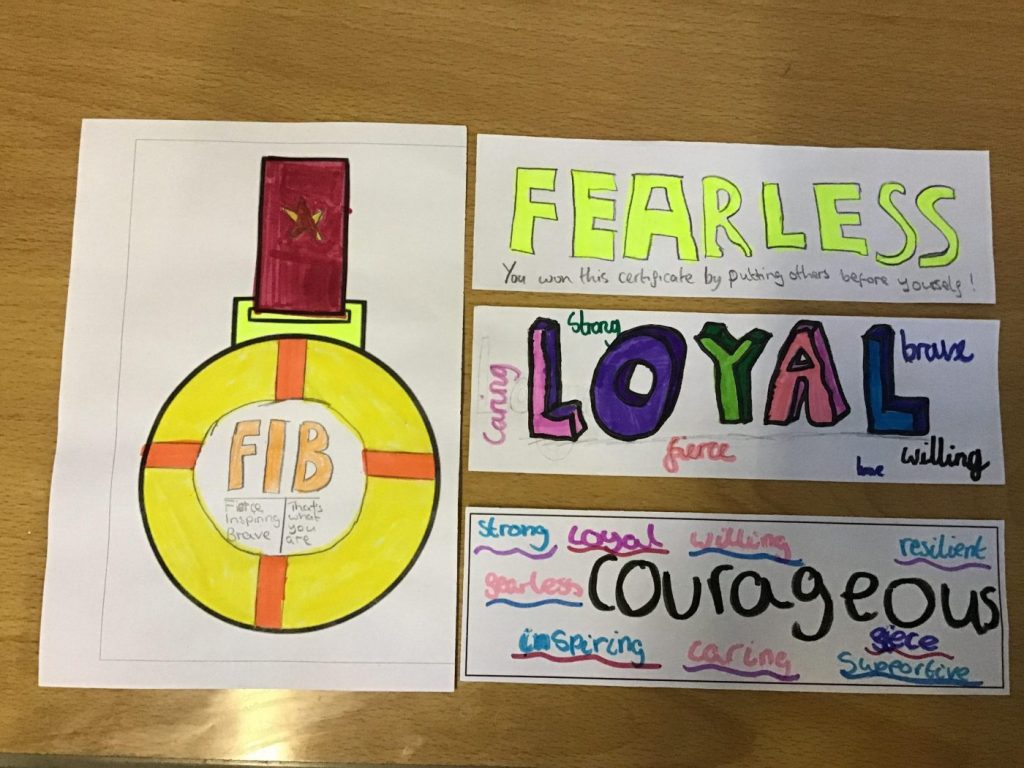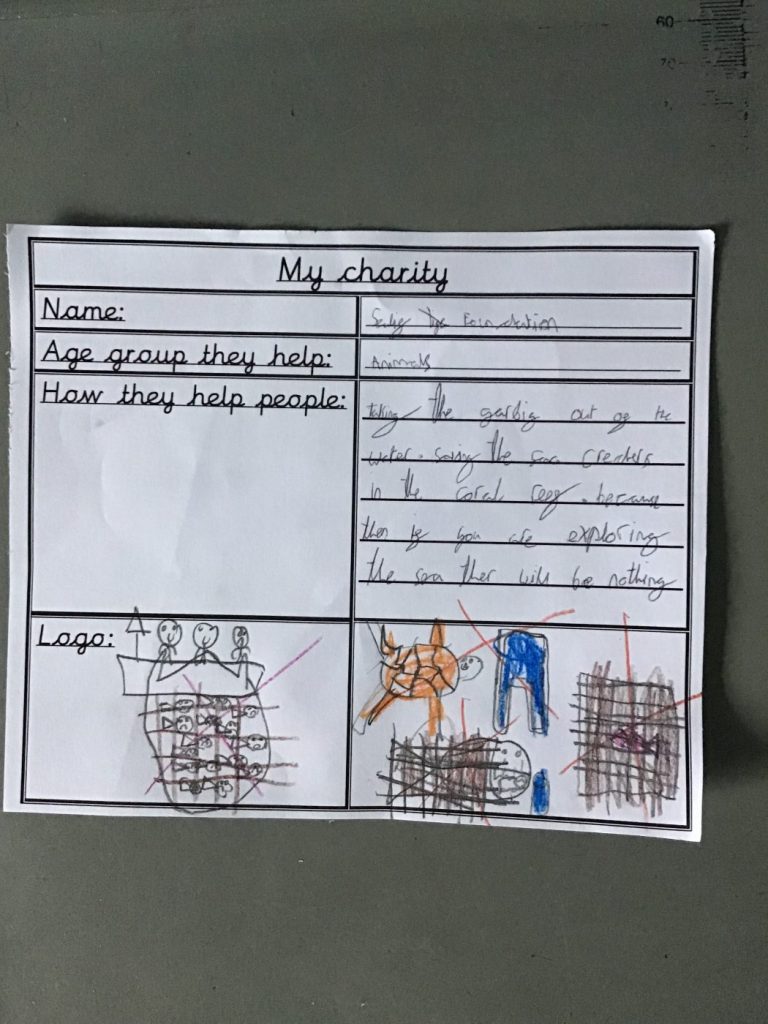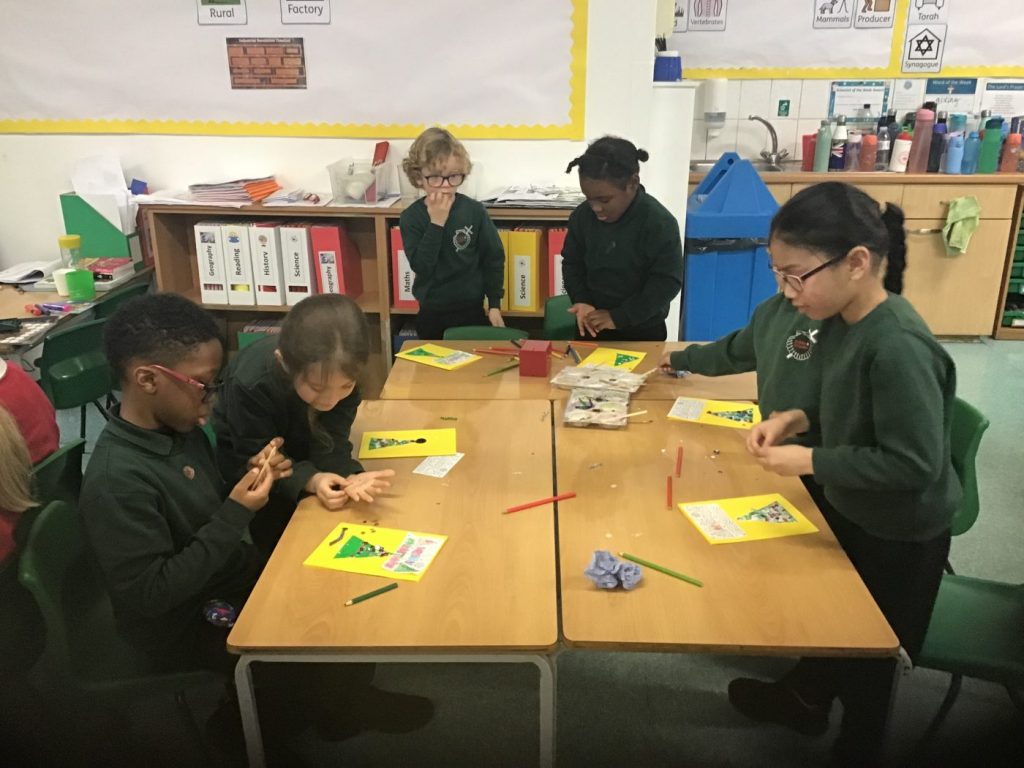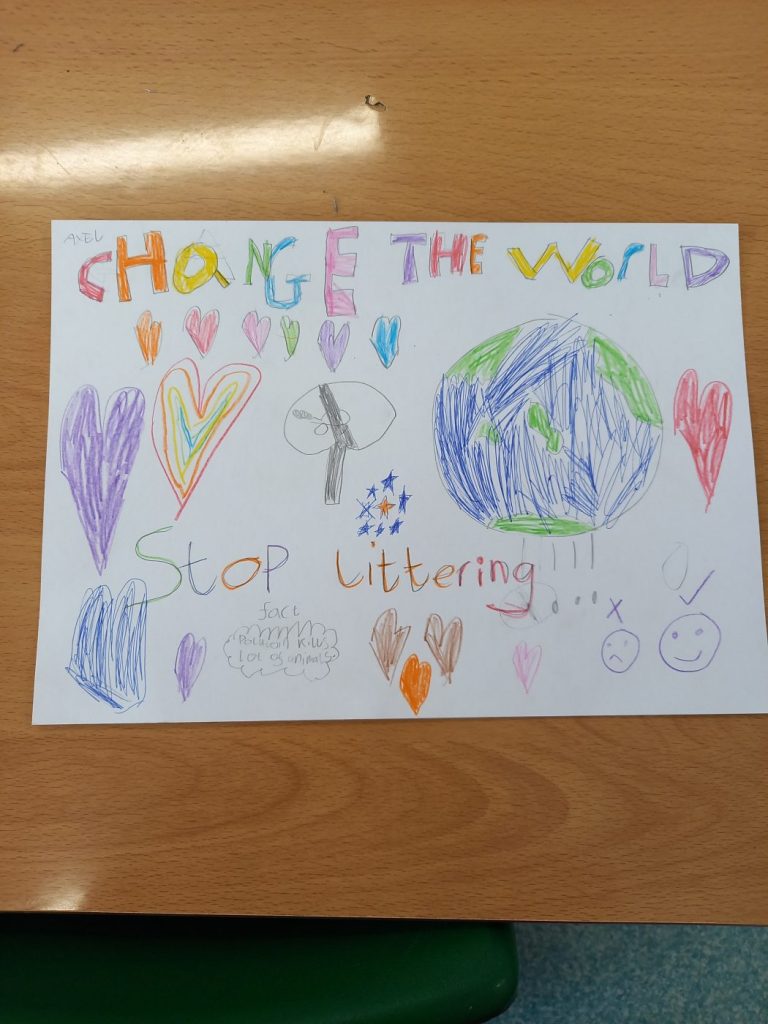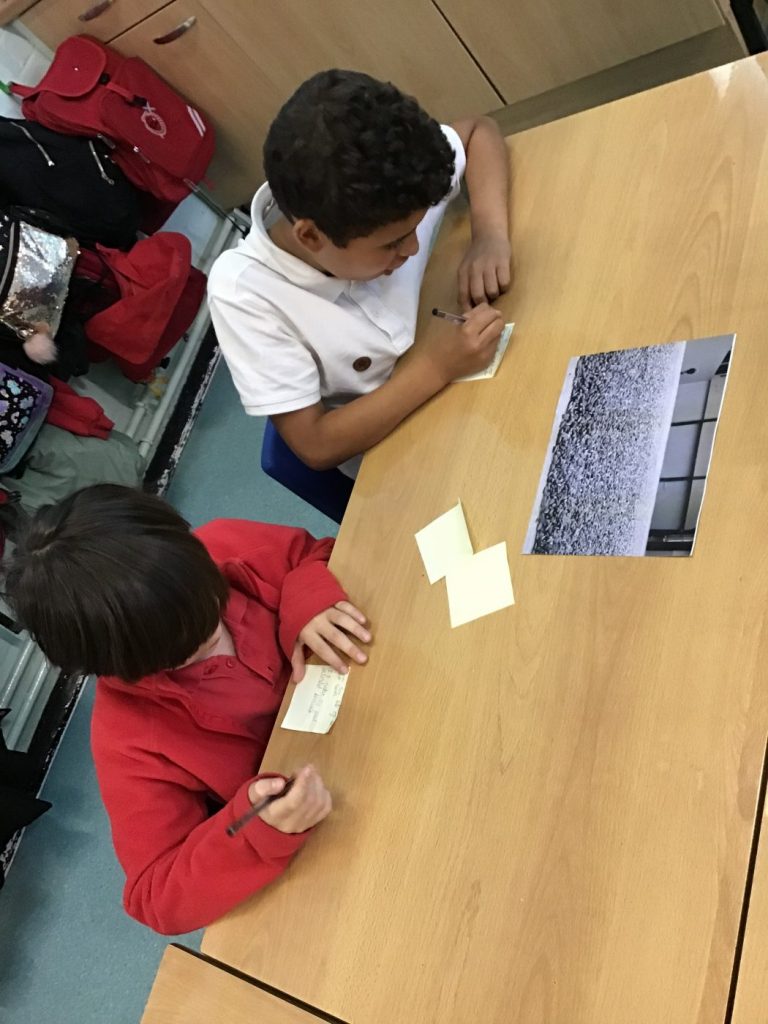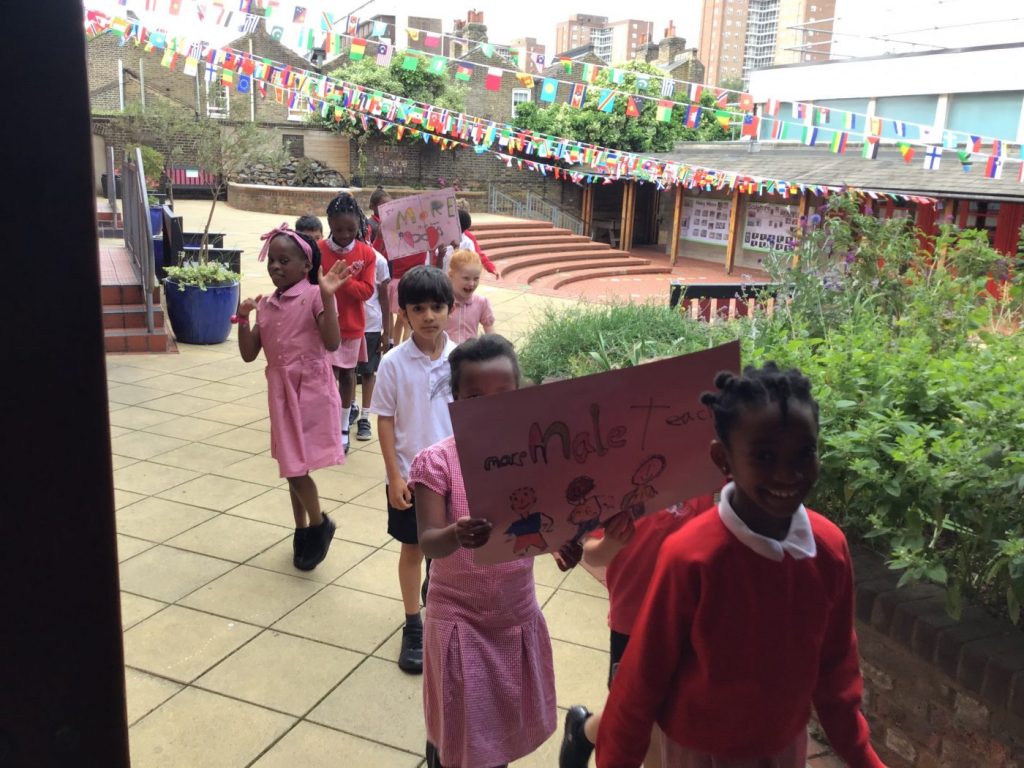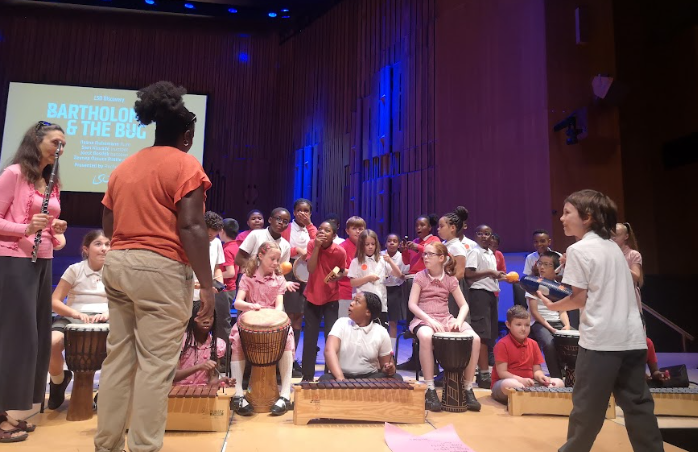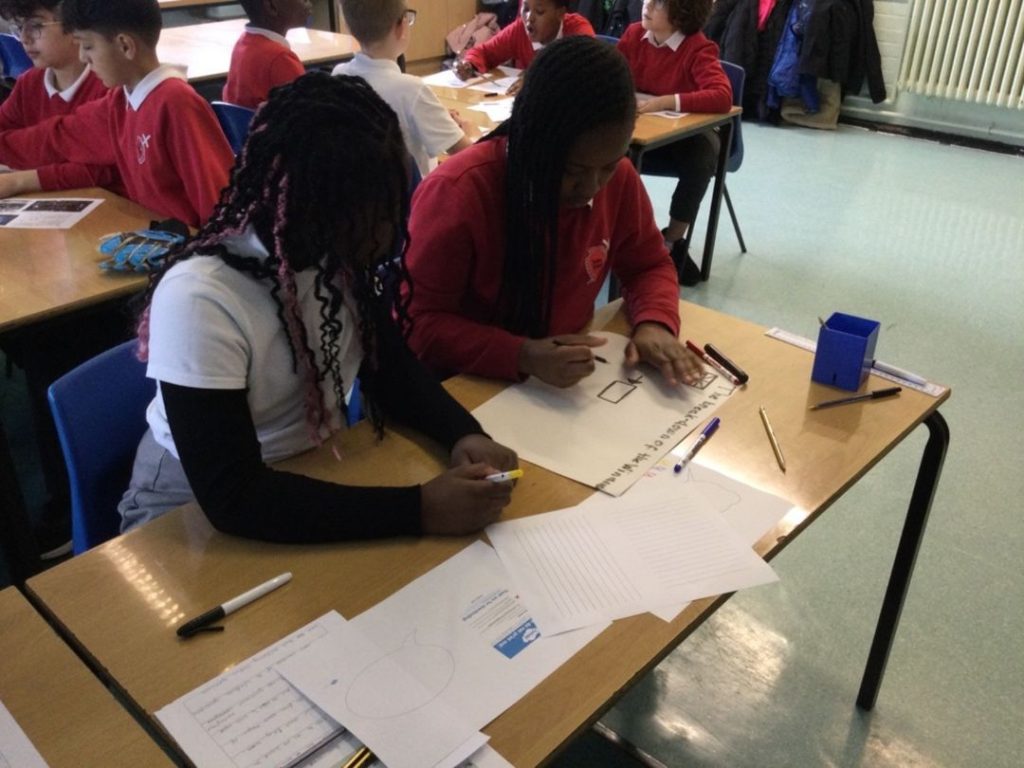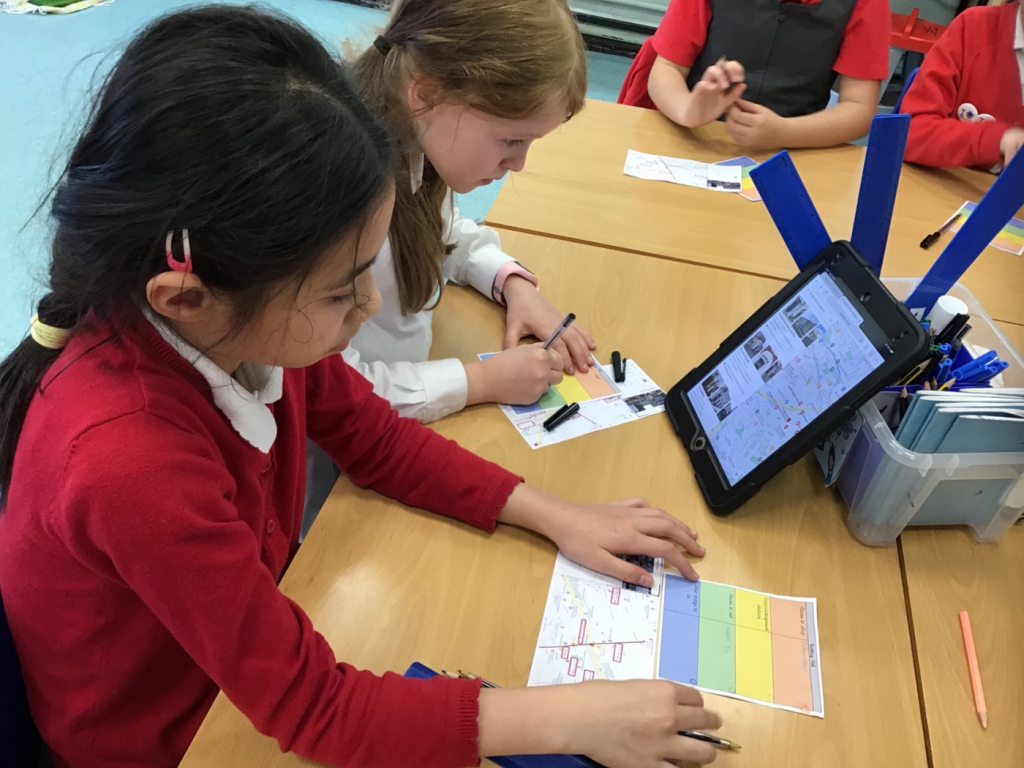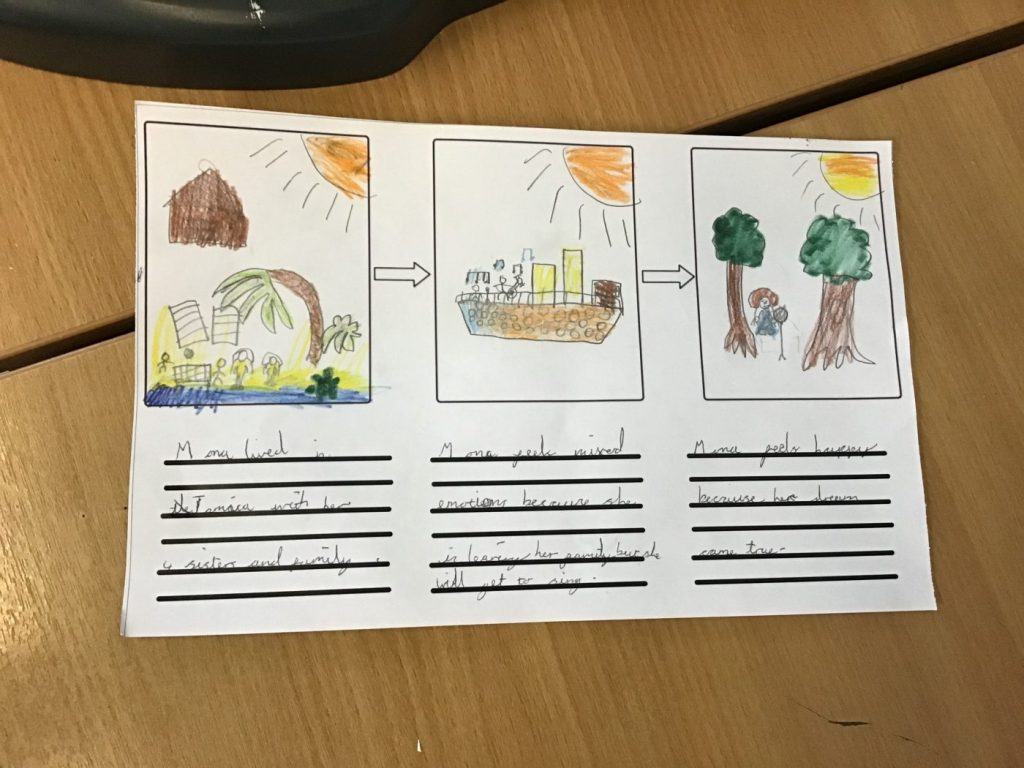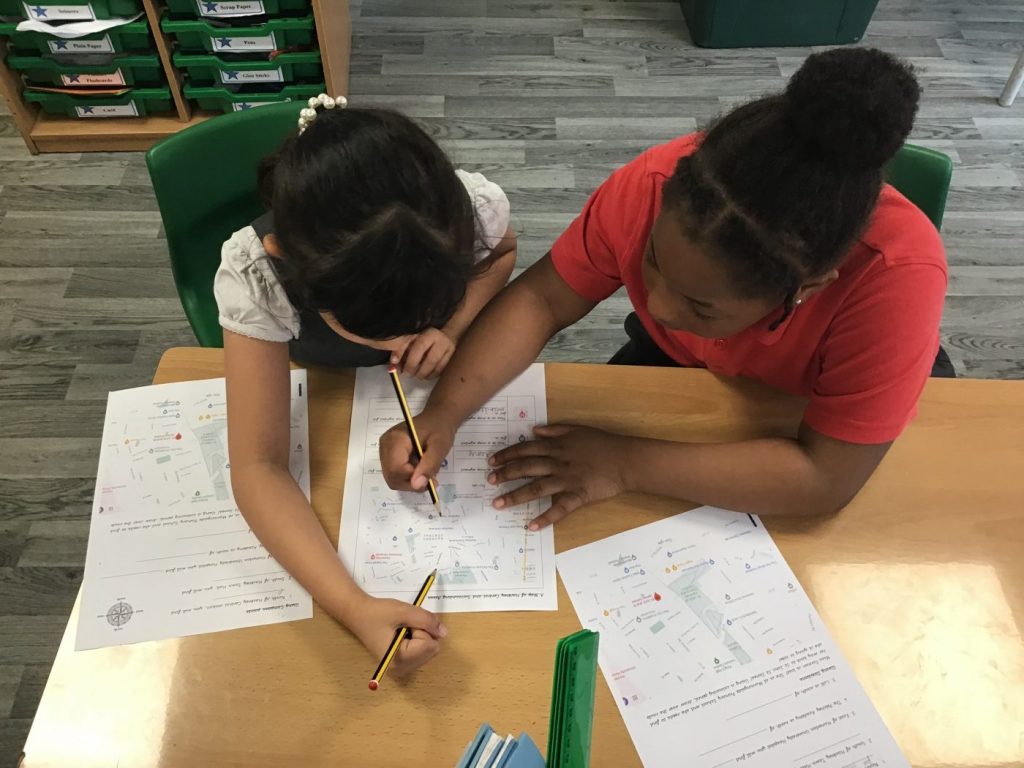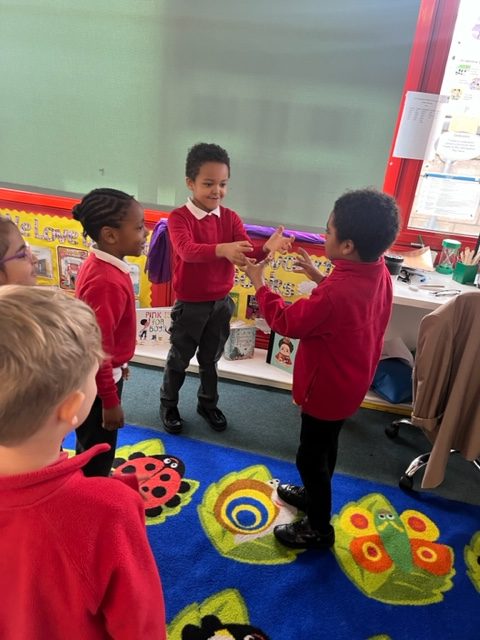Diverse Britain curriculum
Our Diverse Britain curriculum has Britain at its core, focusing on the stories, both past and present, that have shaped the place that we live in today. The curriculum offers critical thinking opportunities to discuss the world around us, in order to equip our pupils with the skills and values needed to understand and navigate the diverse landscape around them. By teaching this curriculum, we hope to instil a sense of belonging for all pupils, enabling them to feel confident that their identities are reflected in our school curriculum. Diverse Britain is broken down into three modules taught in each term of the academic year. As outlined in the curriculum map below, our learning about the UNCRC Articles and the Rights of the Child underpin and thread through the units of work. The work produced by each class, as part of the Diverse Britain curriculum, is presented in a ‘floor book,’ which is displayed in the entrance to our school.
1. British Role Models
The aspirations and self-belief of our pupils are shaped by the role models around them. By increasing the visibility of charismatic, British role models in our curriculum and sharing their stories of resilience, dedication and passion, we can support our children to envision what is also in their realms of possibility.
2. Celebrating the Impact of Immigration in London
This unit of work unpicks the stories behind key locations in London such as Brixton, Peckham and our very own Hackney. The classes begin this unit of work by defining key terminology such as migration, refugee and asylum seeker before studying The Windrush generation and their experience of migration to Britain. By studying the stories of migration to London and the push and pull factors resulting in these moves, children will develop an understanding of the rich history of immigration and the cultural diversity, which exists in the city they live in and which often encapsulates elements of their own identity.
3. Activism
We believe classrooms can be places of hope, where students are aware of their roles as both actors and leaders in creating change. Our activism unit of work will give the children the space and opportunity for their voices to be heard on societal issues effecting them. They will then explore possible solutions to these problems through activism, focusing on its many forms: petitions, protests, lobbying, art, online and through literature.

